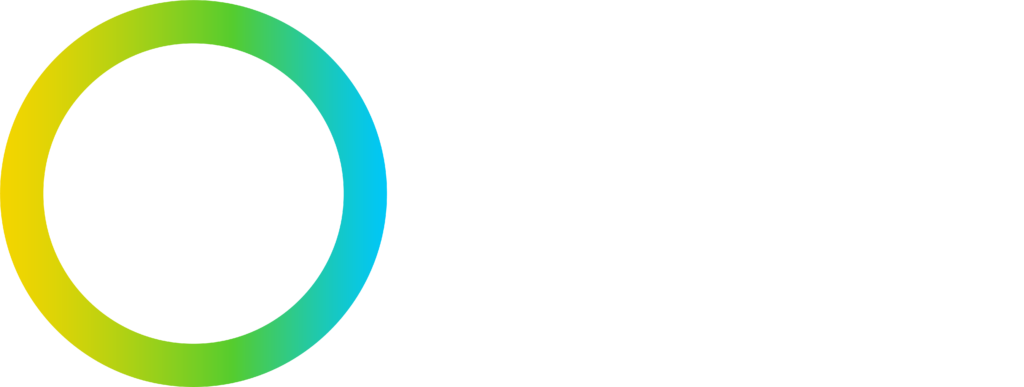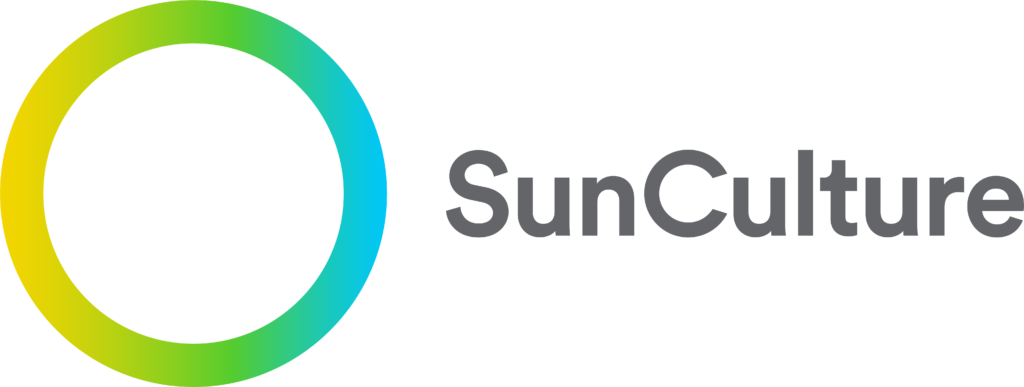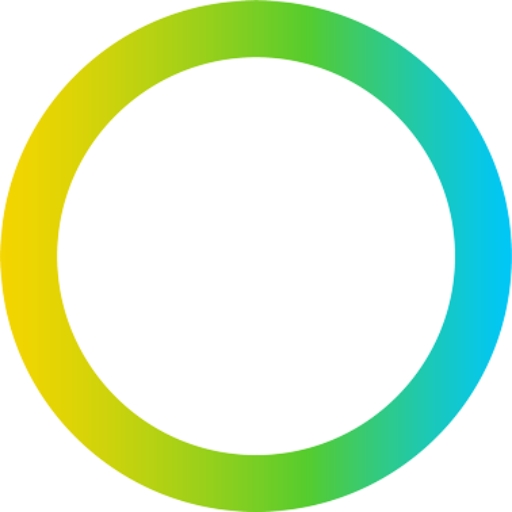From Silicon Valley to Silicon Savannah – Max Garnick
Raised near the heart of Silicon Valley, it’s hardly unexpected that Max Garnick would end up working for a tech company. The fact that he ended up working for an agriculture technology (AgTech) company in East Africa, though, was a bit unexpected.
Max Garnick joined SunCulture as a Product Manager in 2018, after completing a Mechanical Engineering degree at Northeastern University in Boston, Massachusetts. As part of his degree program, he completed a number of tech-related internships in different industries. One of these internships was a 6-month placement in Tanzania with the off-grid solar home system company, Sikubora.

Through this internship, Max gained an understanding of the value and complexities of the off-grid solar sector, and learnt about an especially interesting company operating in East Africa, SunCulture.
Made up of dedicated professionals working at the intersection of technology and agriculture, Max was impressed by SunCulture and its mission to make high quality solar-powered irrigation available to all farmers globally. Max was immediately impressed by their mission-driven approach and their high tech know-how, and was keen to be a part of it. “I saw a lot more value to what SunCulture is doing compared to other off-grid solar companies”, Max explained.
After a tough hiring process that involved a series of interviews over a number of months, Max was eventually appointed as a Product Manager by SunCulture and made the move from Boston to Nairobi. In his first few months, he worked on field testing SunCulture’s latest product, the RainMaker2 with ClimateSmart, and learnt that his initial impression of the company had not been mistaken.
“I’m impressed by how close to the customer SunCulture is,” Max explained. “I’ve got to spend a lot of time on farms and learnt a lot. I’m really inspired by the team here.”
Max has found the customer data SunCulture collects using the Internet of things (IoT) capabilities of its products especially interesting. As Max explained, “The IoT data gives us a very unique perspective of our customers. It answers a lot of questions about how products are actually being used versus how they are intended to be used.”
Additionally, the number of different customer profiles in the smallholder irrigation market has really surprised him. “Compared to solar home system customer profiles, there is so much more variety in customer needs for solar water pump systems,” Max explained. “It’s a challenge to standardise products across the country. The western part of the country has many dams and rivers, while other parts use hand-dug wells, or boreholes with small diameters.”
The biggest challenge though that Max sees in the off-grid solar irrigation space is bringing down and optimising the cost in order to maximise the market. As Max explained, “We’re doing a good job designing a solar water pumping system with a low cost of entry and we’re increasing accessibility with pay-as-you-grow financing, but there’s still a cost barrier for smallholder farmers at the bottom of the productivity ladder.”
Looking forward, Max is enthusiastic about the impact that can be made with solar-powered agro-processing equipment. “I’m excited about the new developments with agro-processing equipment,” Max exclaimed. “We’re developing our own equipment and finding others to partner with on it, and it’s only getting more and more efficient.”
In 2020, Max took a position as the Director of Product and continues to lead the roadmap everyday, all day! Thanks Max.


